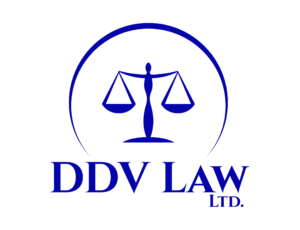Business disputes can be costly. But what constitutes a “business dispute?” In general, it is any kind of disagreement between two businesses that is based on the agreement the two businesses signed. Common disputes occur between a business and a contractor or supplier that is hired to perform work. Disagreements can range anywhere from untimely delivery of a product or service, the price charged, or the service performed.
Business disputes can also occur between partners in a business, or between partners and executives or employees. The focus of this article is on disputes between a business and an outside third party who contracted with the business.
The type of claim commonly filed is breach of contract based on failing to perform certain parts of the agreement the businesses signed. Breach of contract claims can be costly for both sides and may not always be avoided. However, below are some tips to help prevent such a claim.
Ways to minimize business disputes
- Clearly define all terms in the agreement. Failing to have a clear definition can lead to misinterpretation of certain provisions in the agreement. If there is ambiguity, this can open the door to a dispute.
- Make sure all deadlines and performance metrics are described in the agreement. Avoid using phrases like “timely” when describing when services are to be performed or goods are to be delivered. Likewise, be sure to state what standards must be met when goods are delivered for them to be acceptable under the agreement.
- Consider adding alternatives to filing a breach of contract claim. If you want to utilize arbitration as a means to resolve disagreements, be sure to describe what type of arbitration will be used (binding or non-binding) and where the arbitration will take place.
Methods of Resolving Business Disputes
Going to court is always an option to resolve business disputes, whether between business partners or executives or between a business and a third party. This option can be costly, but if both parties reside in the same county, there is a great deal of money at stake, and no other attempts to resolve it have been successful then going to court may be the best option.
Arbitration is another option if provided for in the business agreement. Arbitration can be binding or non-binding. This may be a good option when the parties want to keep information confidential or when a quick resolution is desired.
Mediation is similar to arbitration but is not binding. A mediator is an impartial third party who tries to help the parties reach a satisfactory resolution. Mediation may be used in conjunction with a court case as a means to try and settle short of a trial. Mediation can help preserve a business relationship, especially when both parties are interested in a non-court resolution.
If you find yourself in the middle of a business dispute or if you need advice about the possibility of filing a claim, please feel free to contact one of our three Chicago area locations by calling 312-878-0155. Our firm specializes in business services, including contract drafting and dispute.

